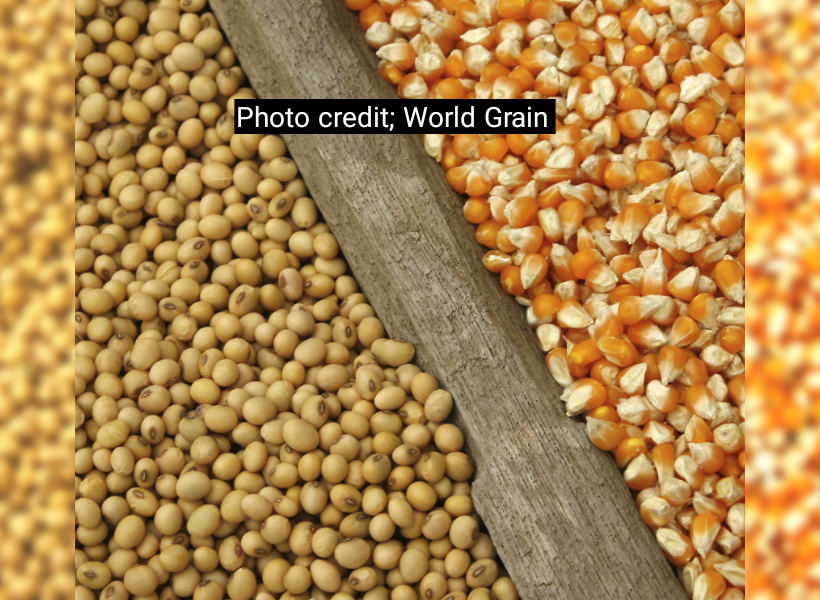Dr. Ashni Singh, Senior Minister in the Office of the President with responsibility for Finance on Friday said the Government proposes to allocate $500 million to develop the corn and soya bean industry. The Minister made this announcement in his Budget 2021 presentation during the 18th Sitting of the National Assembly at the Arthur Chung Conference Centre (ACCC), last week.
“The sum will be invested in supportive infrastructure to catalyse private investment in the production of corn and soya. It is envisaged, mega-farms will cultivate tens of thousands of hectares, benefiting from the economies of scale in modern grain production thereby leading to higher production and productivity,” he said.
Corn and soya bean are among the commodities targeted for development under the Ministry’s Intermediate Savannahs Development Initiative. The other areas are aquaculture, cattle rearing and orchard crops like citrus fruits. The Intermediate Savannahs is considered a vast untapped opportunity for agricultural development in Guyana.
This announcement comes at a time when the PPP/C Government is forging ahead to have local farmers diversify their cultivation, particularly since Guyana expends about US$25 million annually to import these commodities to feed livestock. Minister of Agriculture, Zulfikar Mustapha has been encouraging farmers to capitalise on the opportunity now to cultivate these crops as support would be made available.
The Finance Minister also announced that $1.2 billion has been set aside to support operations at the National Agriculture Research and Extension Institute (NAREI).
“Mr. Speaker, the expansion of cultivation of non-traditional crops is critical for diversification of the economy, reducing imports, meeting market demands and the development of value-added products. In 2021, support for the establishment of over 100 shade houses countrywide will be provided with a view to increasing the production of vegetables,” he said.
Further, the Government will continue to provide assistance to farmers, particularly in the Pomeroon, in Region Three and along the Soesdyke-Linden Highway to meet the high demand for planting materials for citrus.
Additionally, research-based extension support will be intensified for fruit production to improve productivity and meet the growing demand of domestic fruit juice manufacturers.













